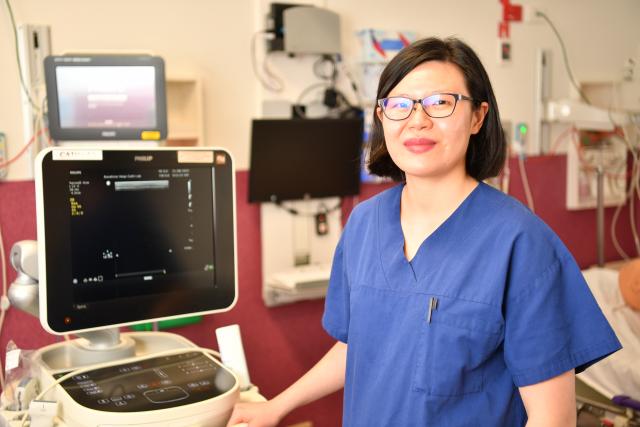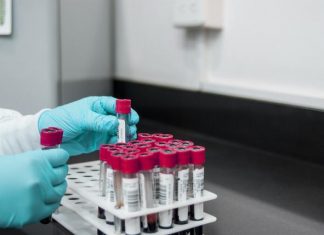
Hannah Hammoud
A Western Health researcher is leading a world-first trial to assess whether an existing anti-depressant can also be used to treat atrial fibrillation (AF).
Western Health cardiologist Dr Youlin Koh said the SAD-AF clinical trials will test the effect of a common serotonin-based antidepressant on patients with AF.
Atrial fibrillation is a fast and irregular heartbeat that can increase the chance of a blood clot forming in the heart and travelling up to the brain, where it can cause a stroke.
Dr Koh said symptoms of AF can often lead to people also experiencing symptoms of depression and anxiety. She said both conditions are controlled by the autonomic nervous system – commonly known as the fight or flight system.
Dr Koh said the study is a “two birds with one stone” approach, using a single medication for the treatment of two conditions, which often occur together.
“We already have some evidence that antidepressants can help to stabilise this system of nerves, and hopefully our study will show that the medication not only works for the mind, but also the heart,” she said.
Dr Koh said if the trial is successful it will help reduce the pill burden for patients, especially those who have multiple, co-existing conditions.
The study recently received approval to begin recruitment across the three trial sites at Western Health, the Royal Melbourne Hospital and Alfred Health.
Dr Koh said they are seeking to target 150 patients, who will be followed during the course of their trial across a period of 12 months.
The study has the potential to deliver significant benefits for those experiencing AF, particularly in Melbourne’s west such as Brimbank and Melton where coronary heart disease is the leading cause of death, and a significant risk factor for the development of AF.
Dr Koh said final results from the study may not be known until 2026, but preliminary results could be available as early as 12 months into the trial.







